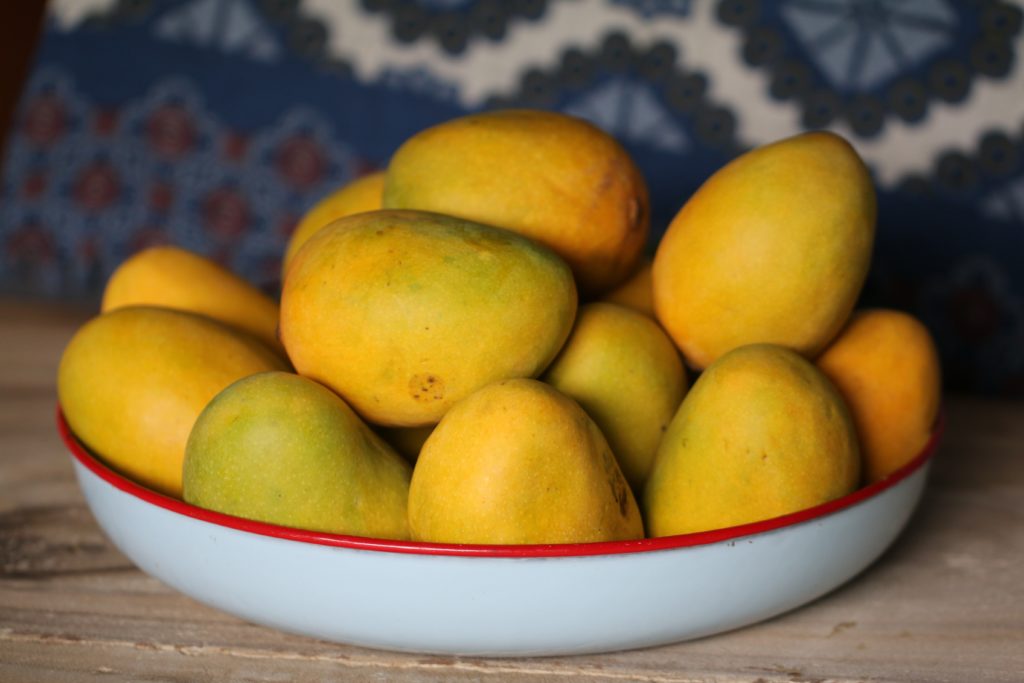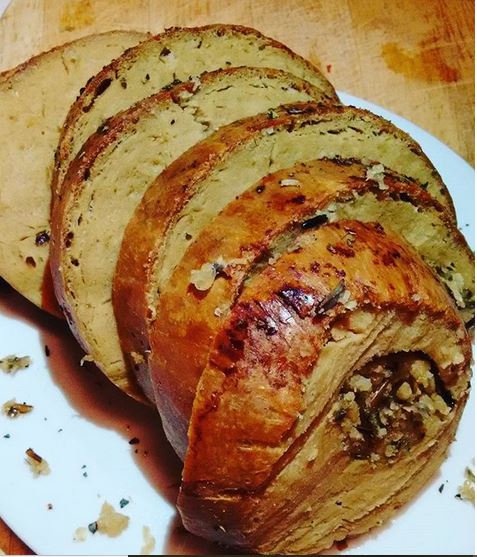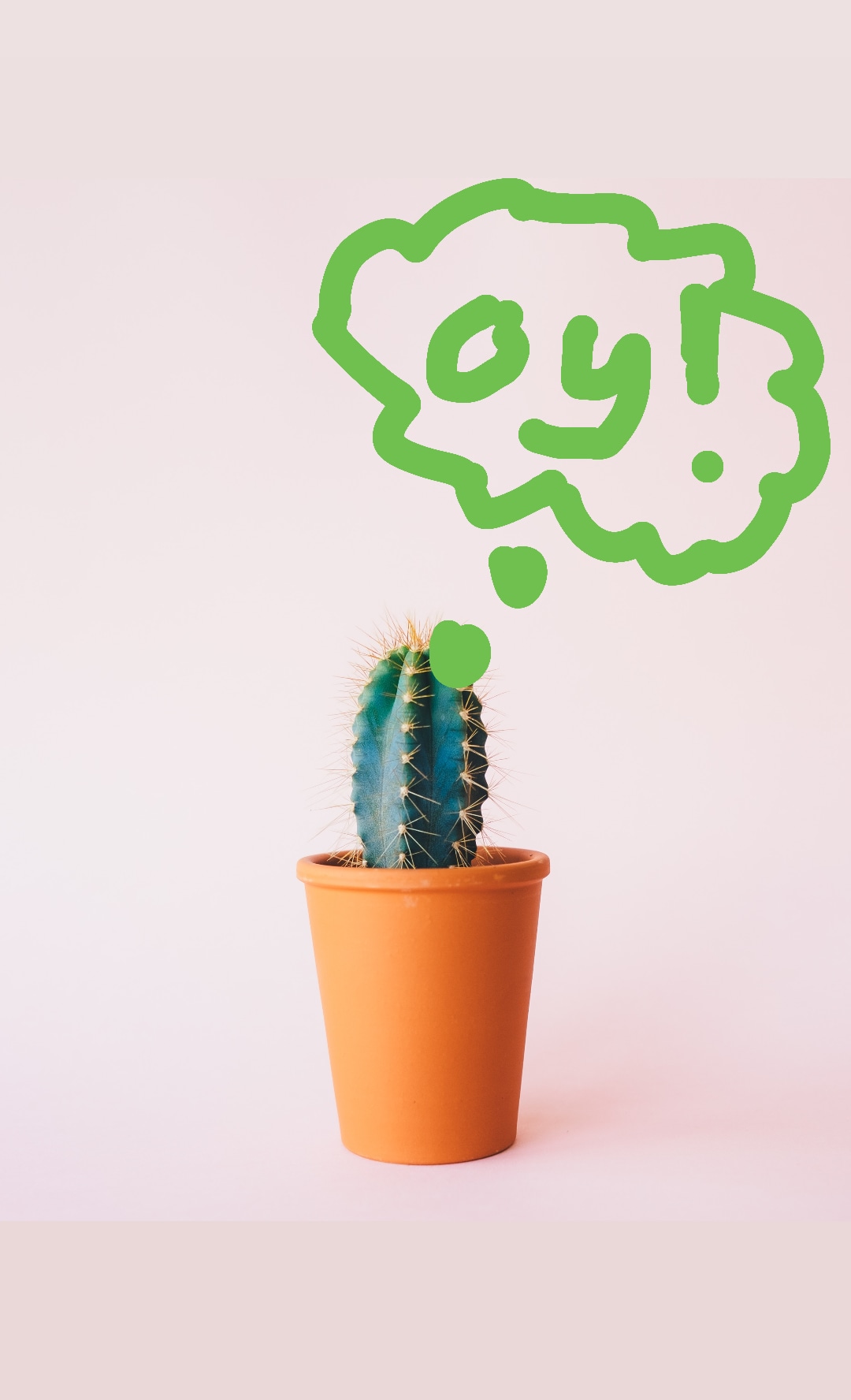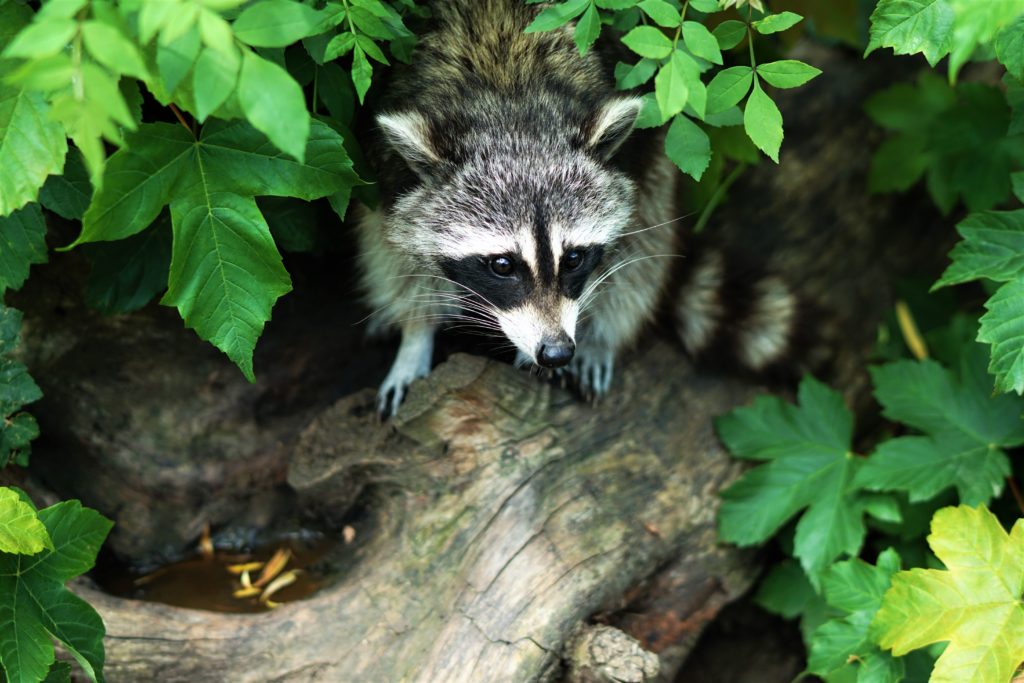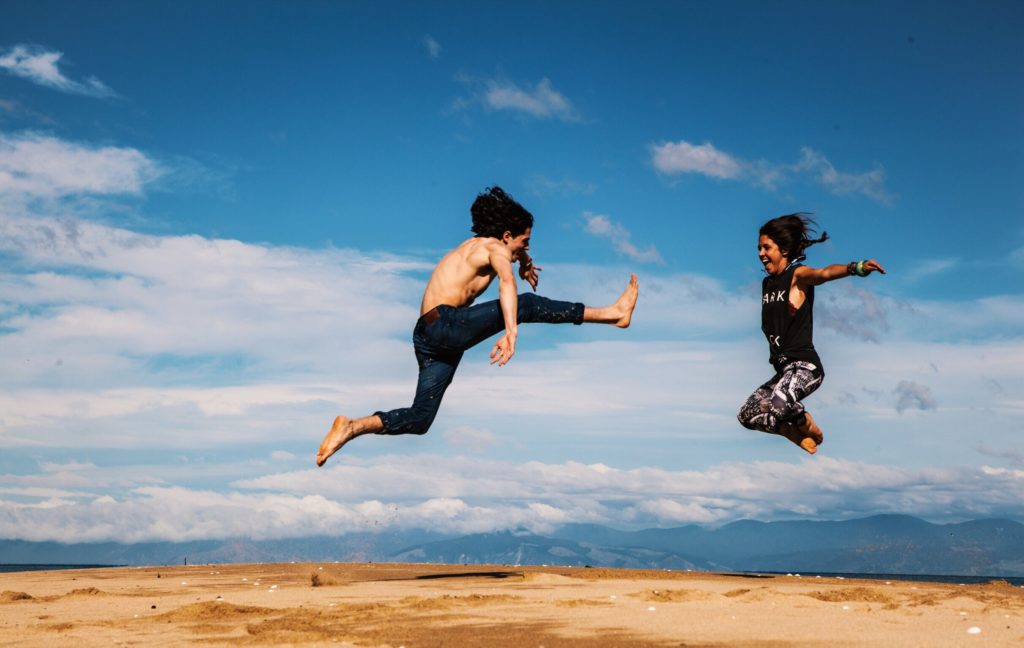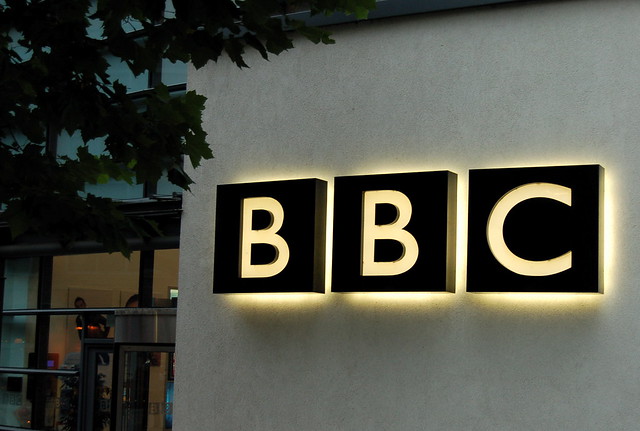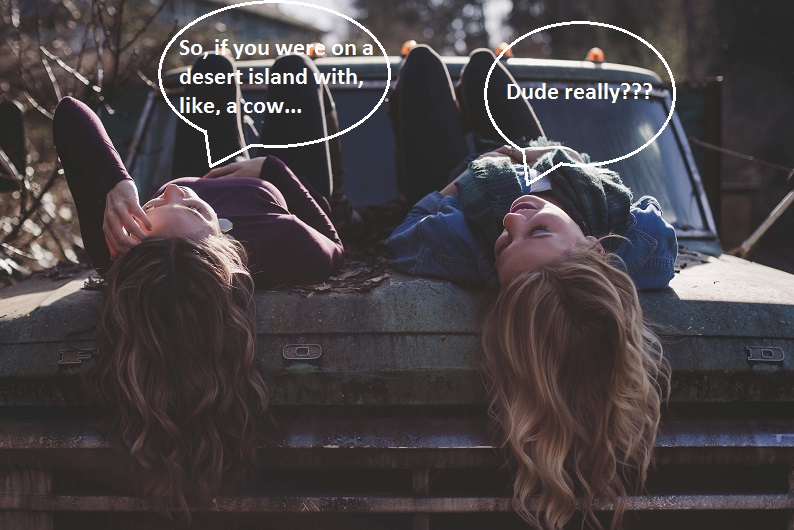In recent months there have been several high profile vegan Youtubers that have gone back to eating animal products; and Twitter, FB et all has had much to say about it.
The one I knew the best is Tim Sheiff, who I followed pretty consistently at the beginning of his transition to veganism. I followed him less over the years because, I don’t know, I just became less attracted to his persona.
I have to admit, I was pretty shocked when I heard he was no longer vegan, because for all of my going off his vibe, I still really thought he fully comprehended all the reasons to be vegan, and thought he understood about health – which was the main reason for him stopping his vegan lifestyle.
I understand that he felt like crap, and that it’s crap to feel like crap. And that his excessive fasts and other slightly outlandish-seeming dietary experiments were in his pursuit of health. I get that. When you feel like shit and you read something that gives you hope, you’ll try it, even if it seems a bit crazy. I’ve been there and empathise with this. A few years back, I discovered I had chronic candidiasis, manifesting in horrible skin….stuff…on my body. I won’t even tell you the most horrendous symptoms because I don’t want to put you off your cocoa 🙂 That’s one of the things I DID like about Tim, he wasn’t afraid to go there with the gross body stuff 😀 Anyway, at this time I would have tried pretty much anything just to feel better.
Thankfully, I eventually found a way to overcome my issues. I went on an anti-candida diet, took grapefruit seed extract, and used apple cider vinegar and manuka honey (yes I know honey isn’t vegan, but it was medicinal. Lots of medications aren’t vegan, so shut up). It was a long, slow process, but I got there.
From the symptoms he described, I believe Tim’s issues were also candida and digestion-linked. He seemed to end up associating these issues with his vegan diet.
I’m not trying to blow my own horn here. Ok, maybe I am just a little, but at no time during my couple of years of candida hell on earth did I think my suffering was because of my vegan diet.
It didn’t make sense that that could have been the cause. And now there is enough research to show that a varied whole food, plant-based diet is the best diet to keep candida at bay (listen to this doctor who is an expert in the field). You may, like I did, need to try a more restricted anti-candida diet at first if you currently HAVE candida, but once you are free of it, it’s a whole food vegan diet that is best.
I remember every time I saw videos of Tim, he was guzzling ridicuous amounts of fruit. I mean, fruit is a snack or a dessert. We are not meant to eat 50 frickin’ mangoes for breakfast FFS. Of course eating fruit in those quantites can contribute to candida overgrowth. That’s wayyyy too much fruit sugar fermenting in your gut! Admittedly sometimes I did see him eating a nutritionally balanced meal, but this didn’t seem to be a consistent thing. It often seemed to be one new food philosophy or another.
The YouTuber Rawvana – the vegan who got caught eating fish – I knew less about. From what I did see, she seemed, like Tim, to constantly be trying new things, whether all raw food, or water fasts, or whatever it may be. Her health issues seemed similar too – yeast and digestive issues. She thought that eating fish and eggs would be the answer to her health problems.
Although it’s disappointing that these people amassed huge profiles and thousands of followers by proclaiming how vegan they were, and personally profited from this – then stopped – thereby probably causing a significant amount of their followers to stop too, my reason for writing this is not to judge Tim or the others (even though if I’m honest they do piss me off a little. Hey, I’m human). I’m not interested in anyone’s path except my own (she says trying to sound grown up and shit :D).
But seriously, my point in writing this piece is as follows:
1. To reassure you that a whole food vegan diet is suitable, health-wise, for everybody at any stage of life. No ifs, no buts. To also assure you that animal products in the diet are not a cure for anything. Unless you are dying of hunger on a desert island and there is no vegetation anywhere, just the proverbial cow… That’s it. Some people may need to avoid certain plant foods in the case of intolerances or allergies – but this is the same with a non-vegan diet. For example, I am highly allergic to eggs. So, um..it’s a good job I’m vegan.
2. To encourage you to watch whoever appeals to you on social media. We all follow people for a wide range of reasons. Sometimes I’ll follow an absolute moron just because they make me laugh. BUT, if you are following a vegan on a particular platform for the sole purpose of learning how to be a healthy, happy vegan, PLEASE make sure they refer to science (peer-reviewed if possible). If you’re not sure how to do this, you can just cross-reference what your new vegan hero is saying with the works of the eminent plant-based doctors – Dr’s T. Colin Campbell, Michael Greger, John McDougall, Caldwell Essylstyn, Michael Klaper, Neal Barnard – they all have plenty of resources online.
Make sure your new vegan gal/guy is consistently eating/cooking (and advising you to eat) a diet rich in whole grains, beans, lentils, root veg, leafy greens and other veg, fruit, nuts seeds, herbs and spices. If they start talking about fasting or being 100% raw, or eating 50 mangoes for breakfast – throw your phone or laptop in the garbage instantly and run as far away from it as you can 😀

